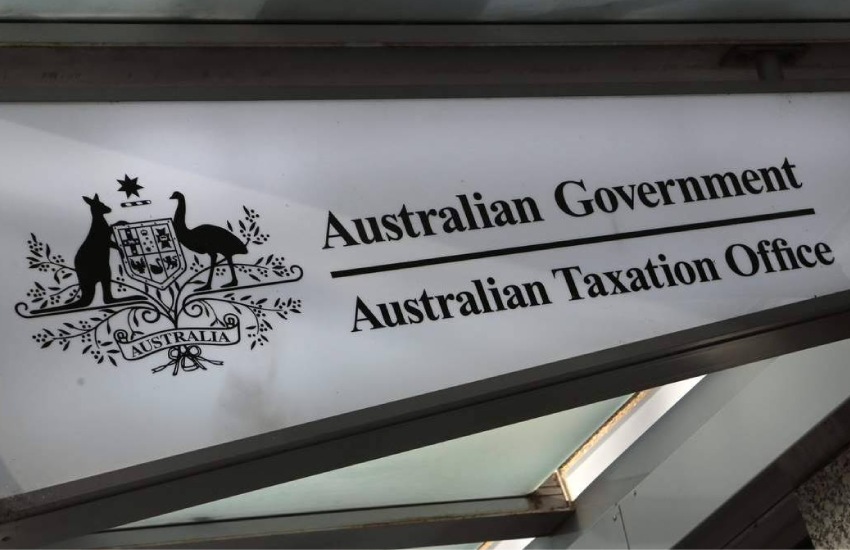In September, the ATO announced it would commence an Agent Early Intervention Program, visiting 2,000 tax agents per year over four years as it tries to identify stressors causing agents to make avoidable mistakes.
Speaking on the CCH Learning Webinar, ATO assistant commissioner Colin Walker said the assurance program was separate to the agency’s crackdown on a select group of high-risk agents of concern who fail to go by the law.
You’re out of free articles for this month
These high-risk agents of concern include about 150 agents who participate in criminal activity including illegal phoenix activity, as well as 500 agents who are reckless and push the boundaries by making claims that are not supported by law.
According to Mr Walker, the Agent Early Intervention Program is targeted towards agents outside these two categories and is meant to prevent a never-ending cycle of high-risk agents cropping up by identifying stressors that might cause them to go down a similar path.
In selecting the 2,000 agents each year, the ATO will look at a vast range of behavioural indicators, including sizeable amounts of amendments happening after tax returns are lodged, high levels of outstanding returns, and disproportionate amount of work-related deductions to a client’s industry
“We identify the participants through our basic risk modelling, behavioural indicators and patterns of behaviour. We use predictive analysis and real-time data and we can then identify and holistically risk assess agents early on in the piece,” said Mr Walker.
“A number of you will say risk-assessing is not a particularly sound way of dealing with large groups of agents because we are all different and have clients who are quite variant and that is correct.
“All of these things are about analytics so what we are actually seeing is something that gives us an idea – it doesn’t mean that it has to be totally correct – it gives us a view of where things are and as a result we can have the discussions to allow us to clarify and if there are no problems then there are no problems.”
What to expect from a visit
According to Mr Walker, the visits will be a chance for the ATO to understand the processes in place at an agent’s practice and give agents an opportunity to engage with the Tax Office on a face to face basis.
“If you are selected, we will contact you initially by phone and we’ll discuss our program. We expect the majority of interactions are face-to-face visits and, where the agent agrees to the visit, we will send relevant confirmation details and we’ll organise the visit to fit in with your processes and your time,” said Mr Walker.
“We’ll discuss how you were selected as part of the population, we’ll provide information about what behavioural indicators that we’ve identified, and we’ll ask you to assist us in understanding your practices to get a better picture of your processes and what the drivers are behind what we're seeing.
“Again, you shouldn’t be worried about this – it is about ensuring we understand how you operate, we understand your practice, and we begin to understand what is causing problems,” he added.
“If we happen to find no problems, that you just happen to have a specific type of client, that your processes are excellent, then it will be a nice amicable discussion over a cup of tea and off we'll go.”
‘Not an audit’
Mr Walker was keen to stress that the program would not be an audit, and that the ATO would only escalate the issue should the agent decide not to change their ways.
“It’s a discussion to understand the behavioural indicators, it is a discussion to share best practice tips and hints – it is not an audit,” he said.
“The important thing to remember is that where we agree that there needs to be some change, where we have found some issues and there are concerns and we provide assistance to help you get through, if there is no or minimal behavioural shift in the practice over time, then we need to consider whether we need to escalate this to other treatment strategies such as putting into the agents of interest process or an audit or refer to the TPB.
“I will emphasise it is not an audit but if we do find some significant problems that the agent is not willing to correct then clearly we need to do something.”
This email address is being protected from spambots. You need JavaScript enabled to view it.
 Login
Login






